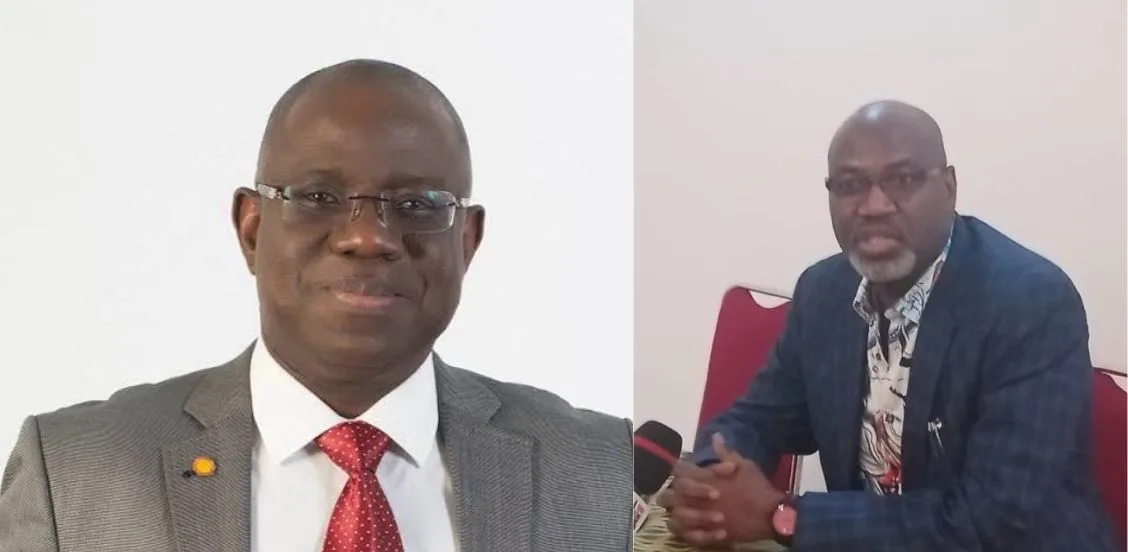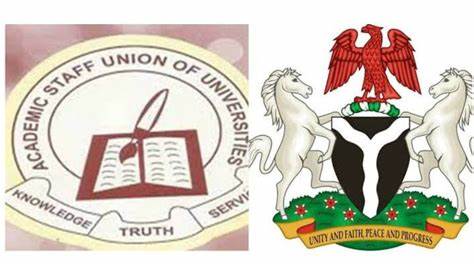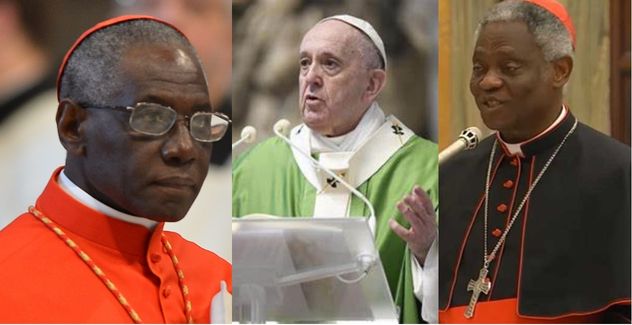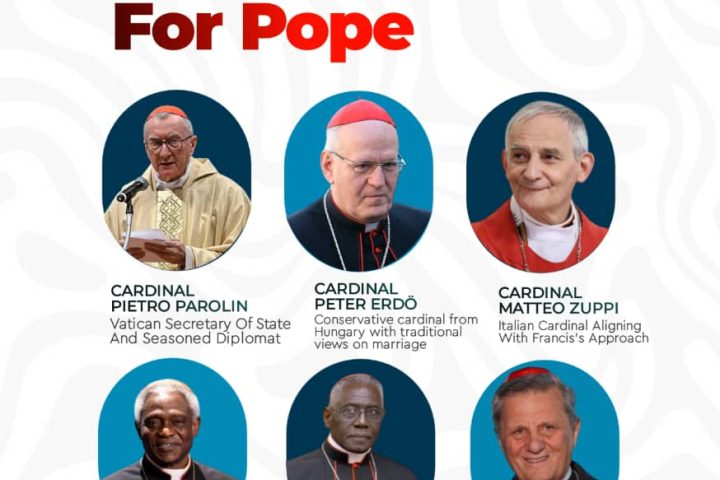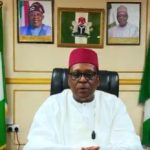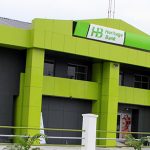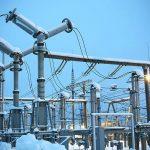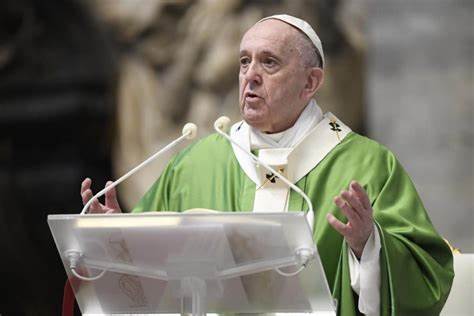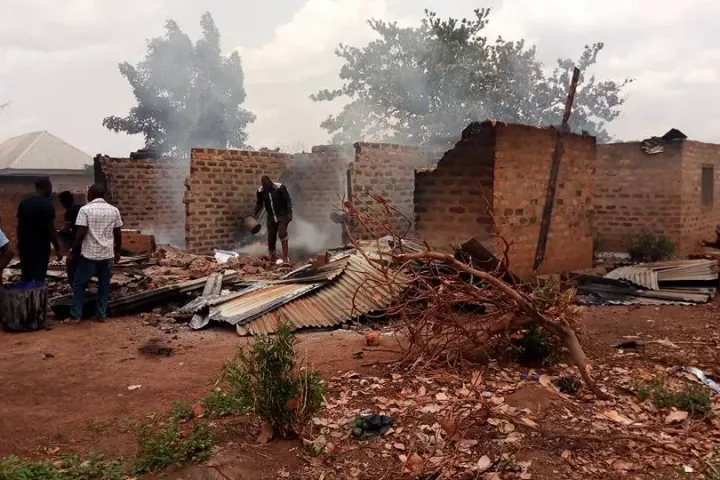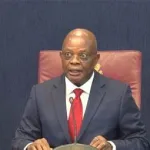The new directors of NNPCL appointed by President Bola Tinubu last week have been widely welcomed by Nigeria’s oil industry chieftains and analysts for their cognate experience and impressive private sector background, but they are taking over a corporation buffeted by chronic political problems and unethical business practices.
These directors are from the other side of the table, as they had been dealing with NNPCL while they were in the leadership of some of the subsidiaries of the IOCs in Nigeria. The new board chairman, Ahmadu Musa Kida, rose in the industry to become Total Nigeria’s Deputy Managing Director of Deep Water Services in 2015.
Join our WhatsApp ChannelLast year, he became an independent non executive director at Pan Ocean-Newcross Group. Bayo Ojulari, the new Group CEO, was until his appointment Executive Vice President and COO of Renaissance Africa Energy Company.
The Renaissance Group recently led a consortium of indigenous energy firms in the landmark acquisition of the entire equity holding in the Shell Nigeria worth $2.4 billion. I wrote an article on this transaction in January titled “The exit of Shell’’. Ojulari himself is a Shell veteran, just as all other board members have worked at senior levels at other IOCs.
READ ALSO: NNPCL Leadership: Ojulari Takes Over From Kyari
They are therefore well informed about the deficiencies of NNPCL and are well equipped technically to turn it around into another IOC, or a semblance of it. They can bring the best practices in the IOCs to bear on NNPCL. But they will have to overcome political interferences; opaque organisational culture; chronic industry problems and huge corruption, among many other typically Nigerian challenges. Here are a few of the problems they will face. Here are a few of them:
1) The Upstream sector
a) Oil theft is a major problem and the new board will face many obstacles as it tries to fight it. Every barrel of crude oil must end up in one refinery somewhere in the world. The crude oil stolen from Nigeria is not refined in Nigeria. The refineries that buy them must know where the crude came from. Therefore, the syndicates stealing the Nigerian crude oil must be known within the Nigerian and global intelligence community. The new NNPCL Board members have worked with Shell (HQ in London), ExxonMobil (HQ in USA) and Total (France). The home country intelligence networks of these IOCs do know how these thefts have been perpetuated over the years in the Niger Delta and the offshore oilfields. Since these new Board members have worked at the highest level in the Nigerian subsidiary of these IOCs, they can seek help from their HQs on how to identify, name and shame the thieves thereby undermining their network. Of course, the Board has to have the support of the Presidency for this move.
b) Professionalise the exploration and production arm of NNPCL, called NNPC E&P Limited (NEPL), formerly NPDC: For a long time now, NEPL (formerly NPDC) has been outsourcing the funding and development of its freely assigned oilfields to third parties, thus denying itself the opportunities to develop and retain corporate competencies and professionalism in-house. NPDC (NEPL) was meant to be the National Oil Company (NOC) of Nigeria, like Statoil of Norway (now called Equinor); Petronas of Malaysia; Petrobras of Brazil; Pemex of Mexico and others of Dubai, Abu Dhabi, Oman, Brunei, etc. It is not late for the new Board to position NEPL to fund, develop and operate their Nigerian oilfields competently as there are many Nigerians in-country and in Diaspora who could be brought in to run the organization efficiently and professionally. The new Board members were at the leadership of successfully operated IOC subsidiaries in Nigeria. Therefore, they have the operational template they can deploy in NEPL. If Equinor of Norway can succeed, with many Nigerians working there, then NEPL can as well.
c) Transparency of crude oil and natural gas sales: The current opaqueness in the crude oil sales should be stopped. The opacity is at almost every facet of the business. Even Finance Commissioners of the Niger Delta States do not understand how their states’ share of the 13% derivation is calculated. They do not even have the data on which the payments are calculated and paid. Therefore, the new Board should ensure that the federation’s share of the revenue is accessible to the federating units without them depending on the Freedom of Information request.
d) Simply meet the funding obligations NNPCL has with their JV operators: Nigeria (NNPCL) has been a laughingstock in the global Oil Industry for not paying their 55% to 60% share for funding JV operations, yet would be the first to take their share of the JV production. The Board should simply do the right thing. Pay up NNPCL’s share of funds and then earn its share of the produced crude oil and gas.
e) Expedite the Contracting processes: Currently it takes about two years to go through the contract award process for major projects that require NNPCL’s approval. The new Board knows how major contracts are awarded in the home country of the IOCs. They should implement such best practice in NNPCL, with recognition of local peculiarities.
f) Merit-based hiring at NNPCL: During the eight years of President Buhari as the Minister of Petroleum, the ‘northernization’ of NNPCL in many aspects was brazen. Going forward, an annual performance review of the employees should be done and the bottom 5% let go and replaced, if necessary. New recruitments should be transparent and merit-based.
g) Endless search for hydrocarbon in Northern Nigeria
Since the 1970s, NNPCL has been exploring for oil and gas in the northern part of Nigeria. There is no IOC that will continuously spend its money for more than 50 years on exploration in a particular area and despite no commercial find, continue investing more money on such fruitless search. Since the new Directors are from IOCs, let them be bold enough to stop throwing good money into these fruitless explorations. If for political reasons the searches must continue in the northern oilfields, NUPRC can award those oil blocks to private companies on a Production Sharing Contract (PSC) basis. The private companies can then take the risk and share the production with the Federation, upon success. The money saved can be used to buy shares in oilfields outside Nigeria, as done by successful NOCs in Nigerian oil fields.
READ ALSO: NNPCL Raises Petrol Price To N950/litre
To buttress the point, let’s recall that during Mele Kyari’s tenure, there was a huge song and dance about the discovery of one billion barrels of crude oil and 500 billion cubic feet of gas in Kolmani oilfield in Alkaleri, Bauchi State. Even President Buhari, in November 2022, had to perform an official inauguration of the Kolmani Development Project where an oil refinery of 120,000 bpd, a gas processing site of 500 million cubic feet per day and a 300 MW power plant were all to be built with the US$3 billion fund already sourced. About three years after, where are the projects? It is an open secret that doubts exist within the subsurface community of the Nigerian Oil Industry about such quantity of hydrocarbon being discovered since there has been no public declaration of the length of the pay sand encountered and at what depth, as is the standard industry publication when new discoveries are made. That same Kolmani Oil field was abandoned by Shell in the late 1990s when it could not make any commercial find. So, NNPCL should cut the losses by stopping frontier exploration up north.
2) Midstream Sector
a) Pipelines to Refineries: Pipelines carrying crude oil to refineries have been vandalized for many years now. No matter how deep a replacement pipeline would be buried, when there is a will to puncture it, it will be punctured. Therefore, the new Board should adequately and appropriately motivate every community a pipeline passes through to protect it against vandalism. The Board members have been dealing with communities their entire career, so they are now in a position to delight the oil communities in a way their IOCs or NNPCL did not allow them to.
b) Pipelines from Refineries to Depots: Back in the 70s, there was a functioning pipeline network carrying various petroleum products from the various refineries to oil product depots situated at various cities across the country. With the depots not being in use for many years, the Board should prioritise the reactivation of these pipelines and, again, motivate the communities to protect them all across the country.
c) The challenge of crude oil supply to Kaduna Refinery: The Kaduna refinery’s only source of crude oil is one single oil pipeline that runs from NNPC Terminal at the Atlantic Ocean located beside Chevron’s Escravos Terminal, all the way to Kaduna. With that pipeline not in use for many years, there is a high possibility that it has been harvested just like other unused pipelines in the country. Therefore, even if Kaduna refinery is refurbished, replacement of that single source pipeline to feed the refinery with its raw material will be a financial challenge. We note that the AKK pipeline is yet to be completed. How more difficult will it be to lay a new pipeline through the Niger Delta swamp and the dry land to Kaduna. The Board should have a critical look at how to revamp the Escravos-Kaduna pipeline, if possible.
3) Downstream
a) Government-owned refineries: The four government-owned refineries are not functioning; not operable and more importantly, without secured pipelines to feed them with their raw material – crude oil. NNPCL has tried to bring those refineries back to life to no avail, despite having a full retinue of staff on the payroll for each of the four refineries. Furthermore, these refineries are at least 45 years old. Without the appropriate maintenance and repairs over these years, they have come to the end of their technical life. No amount of money thrown into bringing an idle 45-year old refinery back into production will achieve the purpose. The Board should simply sell off all the existing refineries and allow private companies to seize the business opportunity of keeping the country wet.
b) Petrol Stations: NNPCL should not spend its money building and operating petrol stations for one simple reason: The petrol station attendants will expect to be paid the full NNPCL salaries and allowances. Rather, NNPCL should dispose of all its petrol stations to third parties who will continue to operate the stations under the NNPCL brand without the NNPCL carrying the operational cost on its balance sheet.
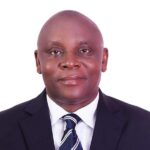
Etim Etim
ETIM ETIM is a journalist, banker and author. He has been a member of the Editorial Board of The Guardian, a Regional Manager in Access Bank and is currently a Columnist in Prime Business Africa, The Cable and Businessday newspapers.
He is also the Chief Executive of Stein Meyer Communications, a major media consultancy and the author of the best-selling book, "Akwa Ibom Heroes: Inside Story of the Fight for Abrogation of Onshore-Offshore Oil Dichotomy" and co-author of another book, "Osinbajo Strides: Defining Moments of an Innovative Leader".

